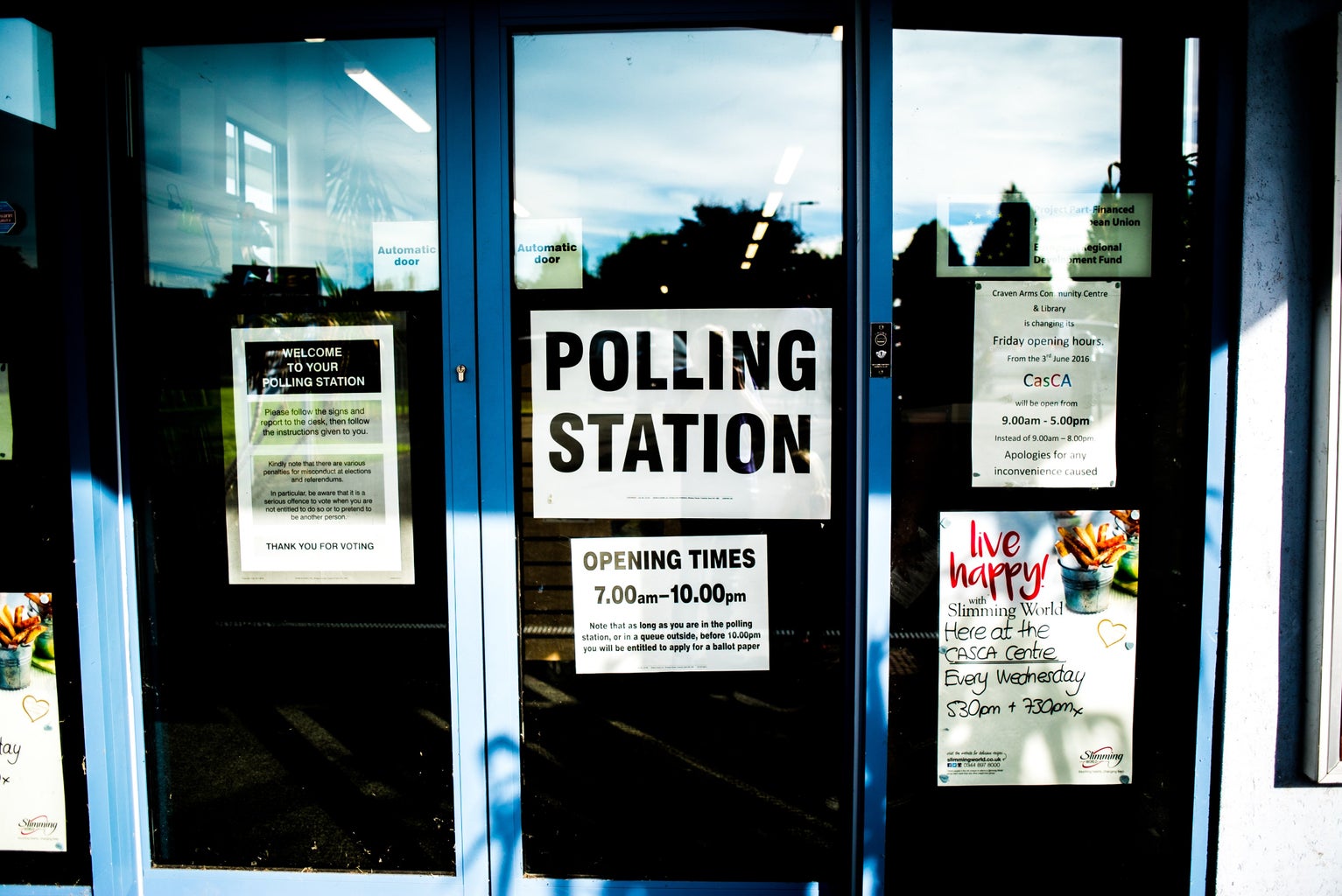Why Ranked-Choice Voting?
On Nov. 7, 2023, voters in the City of Boulder will use a Ranked-Choice Voting (RCV) system for the first time to elect the city’s mayor. City Council members previously appointed the position of mayor. The new voting system comes from the 2020 ballot measure Our Mayor, Our Choice, which passed with an overwhelming majority vote.
RCV has been implemented in several Colorado towns and U.S. cities, statewide in Maine, and over 120 countries. The idea behind RCV is to give voters more power and foster better elections, affording each candidate an equal opportunity to win.
The November election for mayor will involve four candidates: Mayor Aaron Brockett, Council Member Bob Yates, Council Member Nicole Speer, and retired software engineer Paul Tweedlie.
How does it work?
In RCV, there are three or more candidates. Voters rank their first choice, second choice, third choice, and so on. The winner of an RCV election relies on the first candidate who receives 50% of the votes.
Let’s say we are voting for our favorite pop singer. The candidates are Beyonce, Taylor Swift, and Lady Gaga. In the first round, Beyonce received 40% of the votes, Taylor Swift received 45% of the votes, and Lady Gaga received 15% of the votes.
Since none of the candidates received 50% of the votes, Lady Gaga, the lowest-ranking candidate, was eliminated. The voters who voted for Lady Gaga as their first choice get to cast a second vote for either Taylor Swift or Beyonce.
In the second round, five of the Lady Gaga voters picked Beyonce, adding five votes for Beyonce. Ten of the Lady Gaga voters picked Taylor Swift as their second choice, adding ten votes to Taylor Swift. After the second round, Beyonce ended with 45% of the votes, and Taylor Swift ended with 55% of the votes, making Taylor Swift the winner.
This process would be continued if there are more candidates until a winner reaches 50% of the votes.
Through RCV, voters feel they have more of a voice in who is elected and that no vote will be wasted. While the process seems complicated, RCV offers a more democratic, inclusive, and civil approach to voting, which could possibly affect more and more elections in years to come.
Additional Information:
Check out the Boulder Government Website for more information on RCV in Boulder.
Boulder County has an informational blurb on its website and an interactive ballot to practice voting.



